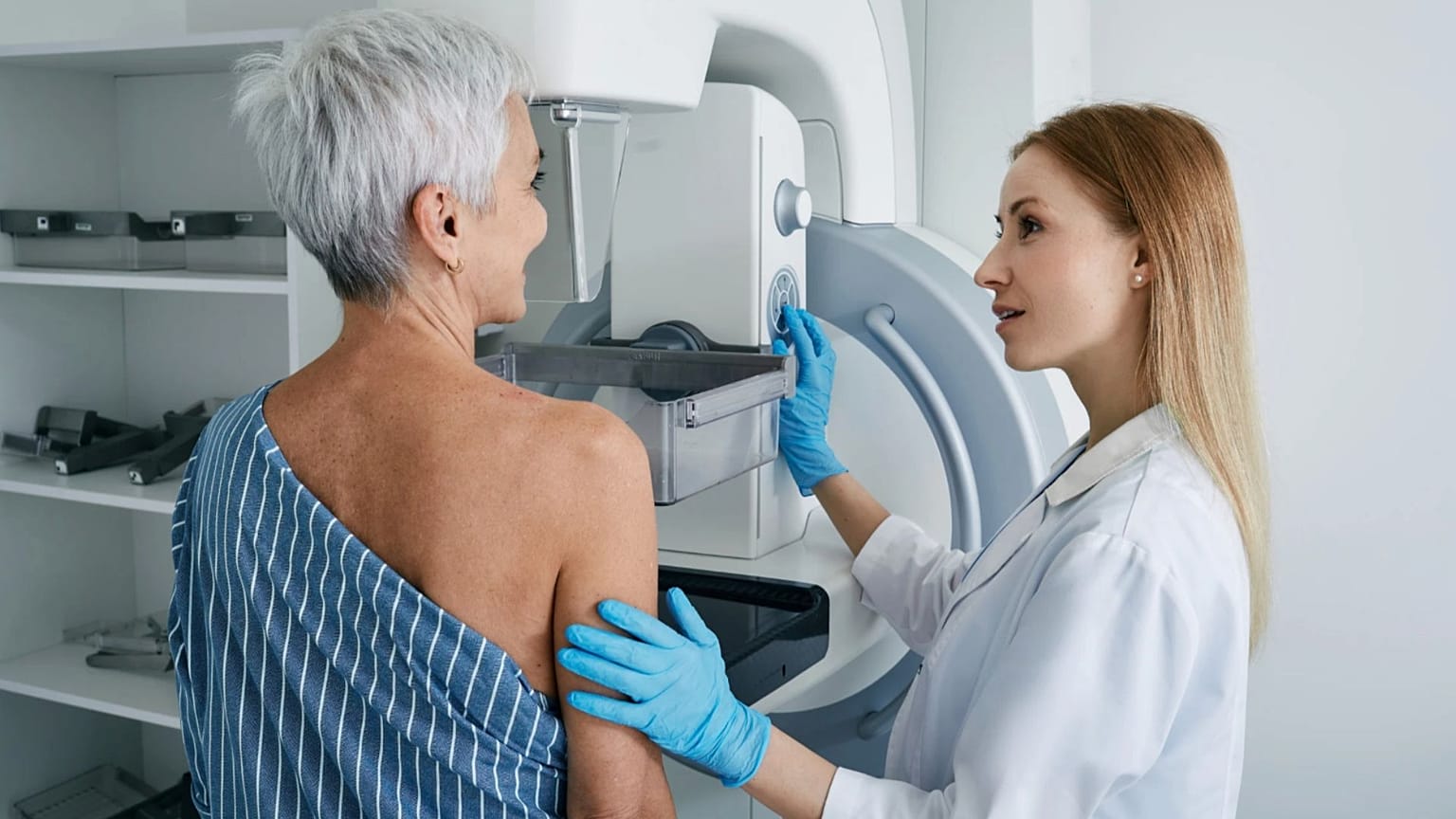Health
Breast Cancer Awareness Month Highlights Urgent Need for Early Detection

October marks Breast Cancer Awareness Month, emphasizing the critical importance of early detection and education in combating this prevalent disease. Breast cancer is the most common cancer among women, with approximately one in 20 women likely to receive a diagnosis during their lifetime. In 2022, an estimated 2.3 million women were diagnosed globally, leading to around 670,000 deaths from the disease. In Europe alone, the World Health Organization (WHO) reported nearly 558,000 new cases that year. Despite advancements in medical technology, awareness around early warning signs and the importance of timely screenings remains insufficient, which can lead to severe health repercussions.
A study conducted by Karolinska Institute in Sweden revealed alarming statistics regarding screening attendance. The research analyzed data from nearly 434,000 women invited for breast cancer screening between 1991 and 2020. It found that women who missed their first screening appointment faced a 40 percent higher risk of dying from breast cancer. Nearly one in three women did not attend their initial appointment, often leading to later-stage diagnoses and decreased likelihood of participating in future screenings.
Significance of Early Detection
According to Dr. Denise Johnson, an obstetrician-gynecologist and professor of women’s health at The University of Texas at Austin, early detection plays a pivotal role in treatment success. “Early detection is the key to treatment for breast cancer,” she stated, highlighting the substantial improvements in survival rates when the disease is identified early. “Survival rates can be as high as about 90 percent within five years of diagnosis, but this number diminishes significantly with late diagnosis,” Dr. Johnson explained.
Mammograms serve as the most reliable method for early detection. The European Union recommends annual screenings for women at average risk starting in their mid-40s. This procedure, which lasts about 15 to 20 minutes, can uncover lumps or irregularities that may not be detectable through self-examinations. Women with a family history of breast cancer or known genetic mutations may need to begin regular screenings at an earlier age.
The factors contributing to breast cancer risk include age, family history, and specific genetic predispositions. Approximately 5 to 10 percent of breast cancer cases are attributed to inherited faulty genes. Dr. Johnson also emphasizes the importance of women becoming familiar with their own bodies. “Have an awareness of what your breasts look like and what they feel like, and if anything changes, definitely pay attention to that,” she advised. “Discuss any concerns with your doctor to determine if further imaging is necessary.”
Early signs of breast cancer can manifest as a new lump in the breast or underarm, thickening or swelling in any part of the breast, changes in the nipple area, or any alterations in the size or shape of the breast. It is essential to note that men can also develop breast cancer, though these cases are rare, accounting for about 1 percent of all breast cancer diagnoses. Men should remain vigilant for any new lumps or changes in breast tissue.
Understanding Results and Treatment Options
An abnormal mammogram does not automatically indicate breast cancer. Follow-up procedures, including biopsies, are necessary to confirm a diagnosis. “It’s important to know that even from an initial abnormal mammogram, there are many steps to clarify if this is a diagnosis and how we can proceed with treatment,” Dr. Johnson stated.
Treatment options vary based on the type and stage of the disease and may include surgery, chemotherapy, or hormone therapy.
Growing global concerns regarding breast cancer are evident in recent projections from the WHO’s International Agency for Research on Cancer (IARC). By 2050, deaths from breast cancer are anticipated to rise by 68 percent, while new cases could increase by 38 percent. This could result in approximately 3.2 million new cases and 1.1 million deaths annually. “Every minute, four women are diagnosed with breast cancer worldwide, and one woman dies from the disease. These statistics are worsening,” stated Dr. Joanne Kim, an IARC scientist and one of the study’s authors. The agency warns that developing countries will bear a disproportionate burden of these increasing statistics.
As Breast Cancer Awareness Month unfolds, the call for increased education, early detection, and proactive health measures has never been more urgent.
-

 Health2 months ago
Health2 months agoNeurologist Warns Excessive Use of Supplements Can Harm Brain
-

 Health2 months ago
Health2 months agoFiona Phillips’ Husband Shares Heartfelt Update on Her Alzheimer’s Journey
-

 Science2 days ago
Science2 days agoBrian Cox Addresses Claims of Alien Probe in 3I/ATLAS Discovery
-

 World1 month ago
World1 month agoCole Palmer’s Cryptic Message to Kobbie Mainoo Following Loan Talks
-

 Entertainment3 months ago
Entertainment3 months agoLove Island Star Toni Laite’s Mother Expresses Disappointment Over Coupling Decision
-

 Entertainment3 months ago
Entertainment3 months agoEmmerdale Faces Tension as Dylan and April’s Lives Hang in the Balance
-

 Entertainment2 months ago
Entertainment2 months agoMajor Cast Changes at Coronation Street: Exits and Returns in 2025
-

 Lifestyle2 months ago
Lifestyle2 months agoEngland Flags Spark Controversy This Summer: A Cultural Debate
-

 Entertainment2 months ago
Entertainment2 months agoMasterChef Faces Turmoil as Tom Kerridge Withdraws from Hosting Deal
-

 World4 weeks ago
World4 weeks agoMassive Sinkhole Opens in Bangkok, Swallowing Cars and Causing Chaos
-

 World1 month ago
World1 month agoMichelle Tsiakkas Opens Up About Jamie Borthwick Before BBC Exit
-

 Entertainment3 months ago
Entertainment3 months agoKerry Katona Discusses Future Baby Plans and Brian McFadden’s Wedding









